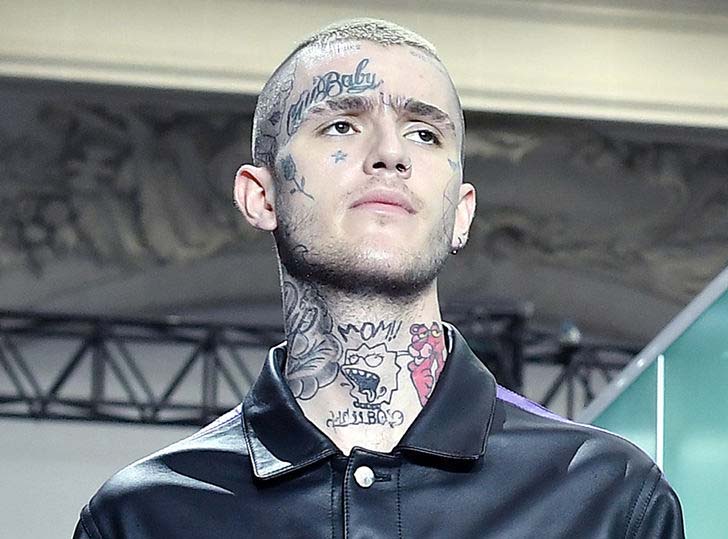The misuse and addiction to opioids is one of this generation’s greatest problems. Opioids are drugs like heroin and prescription painkillers, and also synthetic drugs like fentanyl. Our president, Donald Trump, declared the opioid epidemic a national health emergency on Oct. 26, 2017. If you disagree with everything our president says, at least this issue can be something with which you can agree.
In America, 500,000 people died from drug overdoses between the years 2000 to 2015. In 2016, 64,000 people died from drug overdoses, accordinging to CNN. Everyday 90 Americans die due to overdosing on opioids, as stated on the National Institute on Drug Abuse website. This may not sound like a lot, but this amounts to over 32,000 deaths a year. Opioid misuse costs the U.S. $78.5 billion a year, according to the same website. This includes the costs of healthcare, addiction treatment and criminal justice involvement, to name a few.
America’s prescription painkiller addiction may have started in the late 90s when pharmaceutical companies began to market the drugs. People in the medical community were reassured that these drugs were safe and non-addictive. Healthcare companies then began to prescribe these painkillers easily, which led to a misuse of the drugs because they were, indeed, addictive. In 2015, two million people in the U.S. suffered from substance use disorders related to prescription pills stated the National Institute on Drug Abuse website.
2017 was the year for nihilistic rap music. Many new Soundcloud rappers emerged, but their sound was different to previous rappers. Lil Uzi Vert’s hit song “XO Tour Llif3” chorus was “take me to the edge; all my friends are dead.” Much of current rap music has the same theme of morbid existentialism, which goes hand in hand with drug abuse. Lil Peep, real name Gustav Ahr, was becoming increasingly famous with his “emo rap,” but died on Nov. 15 at age 21 because of an accidental fentanyl overdose. Lil Peep was on tour and in Tucson, Arizona when a “fan” gave him Xanax. He did not know the Xanax was laced with fentanyl, and he took six of the pills. He died that evening.
Lil Peep’s music was a combination of emo rap and punk pop. He covered issues like substance abuse and mental health. His music was dark, but many of his fans claimed he helped people through his medium. Young people felt they could relate to the melancholy lyrics and the grunge melody, sadly. The millennial generation seems to be getting increasingly dependent on drugs and other substances, and all American rap music seems to do is glorify those things.
Bailey Gear, a Paradise Valley Community College student, said, “Lil Peep was only in the music industry for about two years, but he made a major impact on society. Hopefully his death will make people think twice. A drug that’s used to tranquilize elephants and is 30 times more potent than heroin should not be taken by humans. Is it worth it?”
A current resident of Cave Creek and a graduate of Foothills Academy College Prep, Emma Ascott is in her second year at Paradise Valley Community College and is majoring in journalism, with a goal of attending the Walter Cronkite School of Journalism at ASU in 2019.





